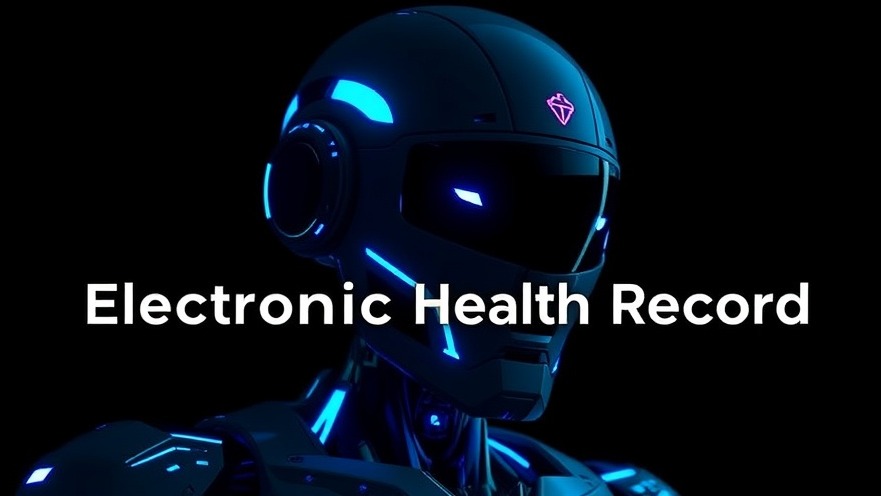
Understanding the Root of Our AI Anxiety
As artificial intelligence (AI) technology continually evolves, a significant undercurrent of anxiety pervades public discourse, often leading to a dichotomy of fear and fascination. Many of us find ourselves grappling with questions about the implications of AI adoption in various sectors, particularly in healthcare. The fear surrounding AI often reflects deeper concerns about our own vulnerabilities and the society we have created. It’s essential to evaluate how our perception of AI mirrors our fears about ourselves and our roles within the rapidly changing world.
Historical Context: How Technology Has Always Sparked Fear
Historically, the advent of new technologies has often incited fear. From the Industrial Revolution to the rise of the internet, each technological advancement brought with it a wave of skepticism and trepidation about the implications for humanity. AI, similar to past innovations, challenges us to confront our fears about obsolescence and control. This tendency to fear what we cannot fully understand or control is woven into our collective psyche.
Emotional Resonance: Why We Fear AI
Our anxiety about AI can often be traced back to a fundamental fear of change and loss of control. As AI systems become increasingly capable, professionals across various sectors worry about their relevance and the future of their jobs. This emotion is not unfounded; studies show that technological unemployment increases stress levels and can contribute to mental health strains. Recognizing that these fears often reflect our insecurities allows us to navigate our feelings towards AI more constructively.
The Human Element: AI and Our Personal Responsibility
Understanding AI is not purely a technical endeavor; it also requires reflection on our ethical responsibilities as users and developers of such technologies. We must question how our values shape AI’s development and application. For instance, biases inherent in societal structures can and do translate into the algorithms we create, raising concerns about equity and justice in healthcare AI systems. This realization should push us towards fostering responsible AI development.
Current Trends: AI in Healthcare and Beyond
In the healthcare sector, the application of AI has shown promise in diagnosing diseases and personalizing treatment. However, it also raises pertinent questions about patient privacy, algorithmic bias, and the role of healthcare professionals. As we admire AI’s potential to transform health and wellness, we must remain vigilant about these implications. Recent studies indicate that AI can help to streamline processes and reduce costs, but they also emphasize the importance of maintaining human oversight to ensure ethical standards are upheld.
Future Predictions: Embracing the Unknown
The future of AI in healthcare and beyond is rife with possibility. Predictions suggest that as technology progresses, AI could become a collaborative partner in medical practice, augmenting rather than replacing human intelligence. This hybrid approach could lead to improved patient care and outcomes. Yet, it’s imperative that we don’t lose sight of our responsibilities towards those developments. By confronting our fears and working towards understanding and controlling them, we can harness AI’s benefits without compromising our ethical standards.
Taking Action: Your Role in the Conversation
For suburban professionals concerned about the implications of AI in both their personal and professional lives, engaging in the conversation about these technologies is vital. Attend local tech discussions, follow health-tech developments, and advocate for ethical practices in AI development. By actively participating in these discussions, we can not only alleviate our fears but also shape the future of AI to better serve humanity.
Conclusion: Embracing AI with Caution and Care
The fear of AI mirrors our deep-seated concerns about ourselves and our place in society. As we move forward, it’s crucial to foster a dialogue that prioritizes ethical considerations and human resilience. Embrace the technological advancements, but do so with a commitment to ensuring that they align with our collective values and aspirations.
It’s time to not just fear what we do not understand, but to better understand and mold it to enhance our health and well-being.
 Add Row
Add Row  Add
Add 




Write A Comment